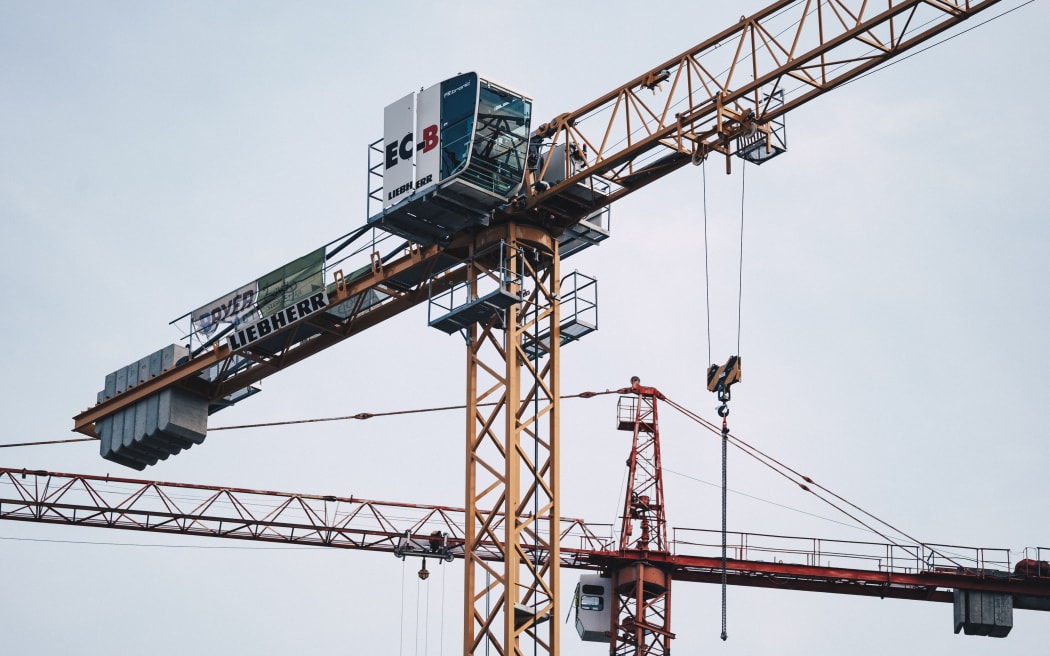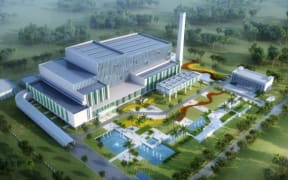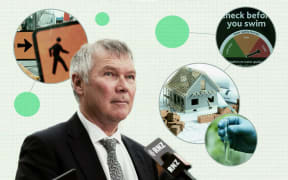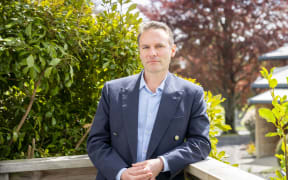
Consent times have risen 150 percent in eight years, Infrastructure Commission chief executive Ross Copland says. (File image) Photo: Unsplash / Bence Bella Schottner
New research shows the country needs to cut resource consent processing times in half to meet its emissions target.
Infrastructure Consenting for Climate Targets, commissioned by Te Waihanga, the New Zealand Infrastructure Commission, looks at how much energy and transport infrastructure New Zealand needs to support transition to a low emissions economy.
From 2028, consent processing times need to be 50 percent quicker than they were projected to be under the RMA, the report found.
A delay beyond 2028, or ineffective reform, made it "highly unlikely that New Zealand will be able to consent the infrastructure needed to support its climate change aspirations," the report said.
"New Zealand is on track to miss between 11-15 percent of the emission reductions required from the energy and transport sectors by 2050 due to consenting delays (even under optimistic scenarios with unconstrained consenting resources)," the report said.
"As a result of consenting delays in these scenarios, New Zealand is on track to incur an emissions liability of between $5 billion and $7 billion by 2050."
Infrastructure Commission chief executive Ross Copland said consent times had risen 150 percent in eight years.
A slow and uncertain consent process can push project costs higher, deter new developers, and stall the completion of clean energy projects.
Copland told Morning Report infrastructure providers spend about $1.3bn a year consenting their projects.
A high percentage of a project's total value often went into consenting, Copland said.
This was up to 15 percent of the entire cost for projects under $1 million, he said.
"And on certain classes of project, if you think of wastewater treatment plants for example, over 15 percent of the entire project cost was going into the consent period."
This was not only disproportionate but a barrier for communities who wanted to "get on an improve water quality", Copland said.
"What we tried to do with this research in the commissioning was see how much faster does the new system need to be, because we had these efficiency targets, we knew it needed to be faster, we just didn't have a number to help us design a system that was appropriate."
In a consenting process evidence needs to be gathered, communities consulted and design work done, Copland said.
"We require, under the various consents and designations infrastructure, a huge amount of detail at the moment."
A new consent process was in development as part of the Resource Management Act reforms, but would take until at least another five years to put in place, Copland said.
Local government could take proactive action in the meantime, he said.
"But also, as part of the reform package, there are a series of transitional measures that the government's proposing and we think those are going to be critically important.
"We can't stand by and wait for five to 10 years while we bed in the new system, there's a tremendous amount of work that needs to be done in the short term."
Copland hoped the report helped decision-makers to have a frame for how much more efficient the system needed to be.






